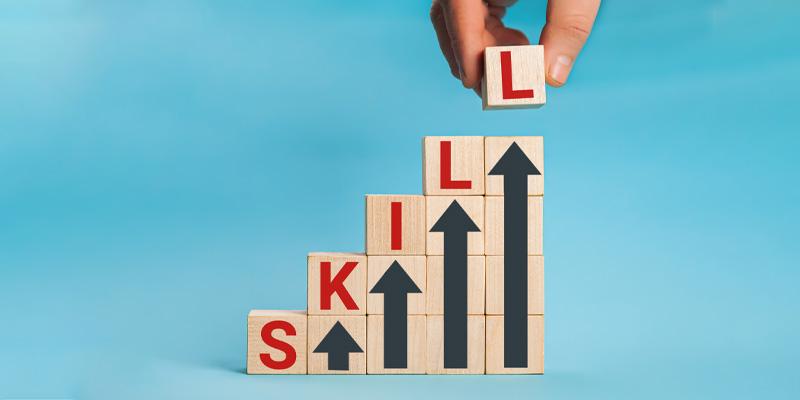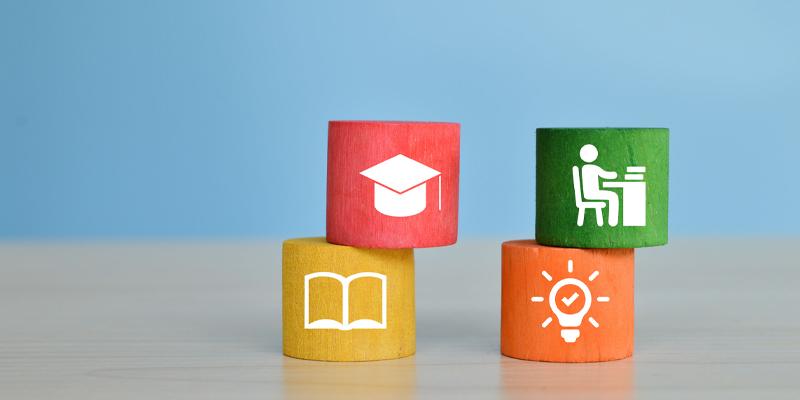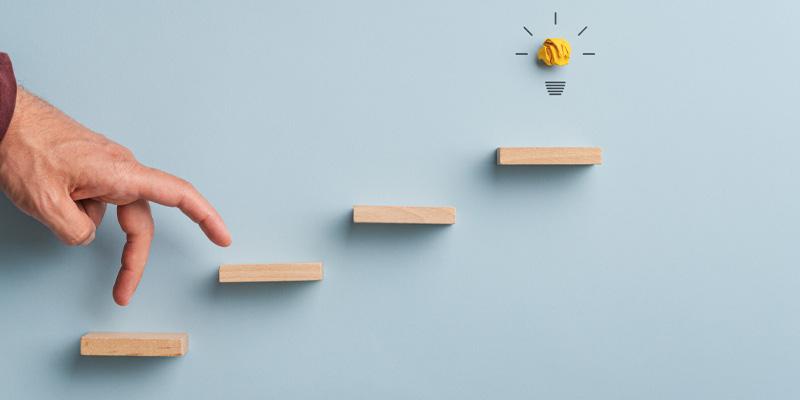In today’s world, education is not just about academic knowledge, but also about preparing students for life. Life skills education is an essential part of this preparation. Life skills are the skills and knowledge that help individuals deal with the challenges of everyday life. These skills are essential for personal development and can help individuals achieve their goals and lead a successful life.
Life Skills Education: What is it?

Life skills education is the process of imparting essential life skills to individuals. This education can be provided at home, in schools, and in other educational institutions. The goal of life skills teaching is to provide individuals with the necessary skills to lead a happy, healthy, and successful life. Some of the essential life skills that are taught in schools include communication, problem-solving, decision-making, critical thinking, and creative thinking.
Importance of Life Skills Education

1. Personal Development: Life skills education helps individuals develop a sense of self-awareness and self-confidence. It helps individuals understand their strengths and weaknesses and work on improving themselves.
2. Improved Communication: Effective communication is an essential life skill that can help individuals build better relationships with others. Life skills can help individuals
develop effective communication skills.
3. Better Decision Making: Life skills can help individuals make better decisions. It helps individuals understand the consequences of their actions and make informed decisions.
4. Adaptability: Life skills education can help individuals become more adaptable to change. It can help individuals develop a positive attitude toward change and learn to cope with it.
5. Increased Productivity: These skills can help individuals become more productive. It can help individuals manage their time better, set goals, and work towards achieving them.
Teaching Life Skills in Schools

Teaching life skills is an essential part of education, as it equips students with the knowledge and abilities they need to be successful in various aspects of their lives. Life skills include a wide range of abilities, such as communication, problem-solving, critical thinking, decision-making, time management, self-awareness, and interpersonal relationships. Life skills help students develop the skills and knowledge necessary to succeed in life, both personally and professionally.
Here are some of the ways that life skills is implemented in schools:
1. Inclusion in the curriculum: Many schools have started including life skills education as a part of their curriculum. This ensures that students are exposed to important life skills concepts and lessons from an early age.
2. Integrated approach: Life skills can be integrated into other academic subjects such as science, math, and language arts. This approach helps students see the connection between life skills and other academic subjects.
3. Co-curricular activities: Schools often organize co-curricular activities to teach life skills. Activities such as debates, group discussions, drama, and public speaking help students develop their communication, teamwork, and leadership skills.
4. Peer mentoring: Peer mentoring programs are also being implemented in schools to teach life skills. In this approach, older students mentor younger students, helping them to develop important life skills such as problem-solving, decision-making, and conflict resolution.
5. Role-play and simulations: Schools can also use role-play and simulations to teach life skills. Role-playing activities can help students develop empathy, problem-solving, and decision-making skills, while simulations help students understand complex systems and situations.
6. Interactive multimedia tools: Interactive multimedia tools are also used to teach life skills. These tools include games, videos, and other interactive activities that engage students and teach them important life skills concepts.
7. Teacher training: Teachers can also receive training in life skills. This helps them to incorporate life skills concepts into their teaching methods and strategies.
8. Focus on practical application: Life Skills education in schools should focus on practical application. This means that students should be taught how to apply life skills concepts in real-life situations.
9. Continuous evaluation: Continuous evaluation of life skills Teaching is also important. Schools should evaluate their life skills education programs to ensure that they are effective in teaching students the necessary life skills.
10. Holistic approach: Lastly, Skills education in schools should take a holistic approach. It should teach students to develop a healthy body and mind, which includes good nutrition, physical activity, and emotional well-being. By taking a holistic approach,
schools can ensure that students are well-rounded and have the skills and knowledge necessary to succeed in life.
Role of Life Skills for Personality Development

Life skills plays a crucial role in shaping the personality of an individual. It helps in developing a positive attitude towards life and enables a person to deal with difficult situations
effectively. Here are some ways in which life skills teaching can contribute to personality development:
1. Self-awareness: These skills helps individuals to become more self-aware, understand their strengths and weaknesses, and improve their emotional intelligence.
2. Communication skills: Effective communication is an essential life skill. Life skills Program can help individuals develop good communication skills, which will help them interact better with others.
3. Decision-making: Life skills Program can help individuals develop critical thinking and decision-making skills, which will enable them to make better decisions in their personal and professional lives.
4. Problem-solving: Life skills teaching equips individuals with problem-solving skills, which will help them handle difficult situations with ease.
5. Self-confidence: These skills can boost an individual’s self-confidence, which will enable them to take on challenges and achieve their goals.
6. Creativity: Life skills Program encourages individuals to think creatively, which can help them come up with innovative solutions to problems.
7. Stress management: Life skills education can teach individuals effective stress management techniques, which will help them deal with stress and maintain a healthy work-life balance.
8. Time management: Effective time management is essential for success in personal and professional life. Life skills education can help individuals manage their time efficiently.
FAQs
What are some of the essential life skills that are taught in schools?
Some of the essential life skills that are taught in schools include communication, problem-solving, decision-making, critical thinking, and creative thinking.
Why is life skills education important?
Life skills education is essential for personal development and can help individuals achieve their goals and lead successful life.
How is life skills teaching integrated into the school curriculum?
Life skills teaching is integrated into the school curriculum in various ways, including role-playing, group discussions, and problem-solving activities.
How can life skills benefit individuals?
Life skills can benefit individuals in many ways, including personal development, improved communication, better decision-making, adaptability, and increased productivity.
How can parents support life skills education at home?
Parents can support life skills education at home by encouraging their children to take responsibility for their actions, teaching them to communicate effectively, and helping them develop problem-solving and decision-making skills.
Conclusion
In conclusion, life skills are essential for personal and professional development. The education system needs to focus on providing life skills education to students to equip them with the necessary tools to lead successful and fulfilling life. As parents, teachers, and students, it is crucial to recognize the importance of life skills and work towards developing them. With a strong foundation in life skills, individuals can navigate through various challenges and situations with ease, leading to a more fulfilling life. Remember, education is not just about grades and academic performance; it is about developing well-rounded individuals who can contribute positively to society.
